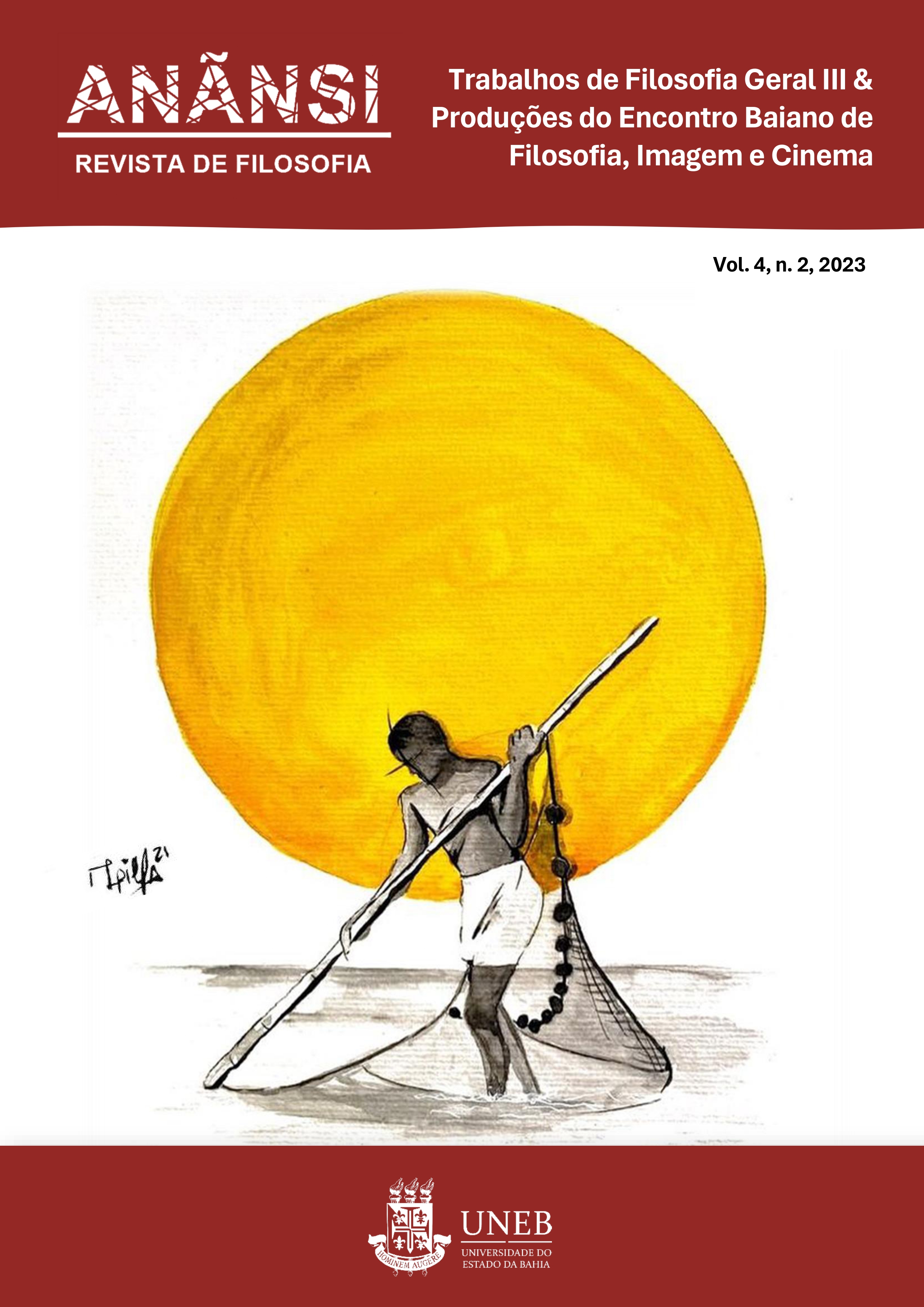Time and politics
on Vico's eternal ideal history
Keywords:
História, Política, Ciência NovaAbstract
This essay seeks to problematize the conception of eternal ideal history in Scienza Nuova, (1744), by Giambattista Vico (1688 – 1744), with the purpose of explaining the ethical and political orientation of Viqui's proposal. According to Vico, human history follows a course of three ages: the age of gods, heroes and men in which the history of the world of nations took place. What legitimizes such a distinction, in Vico's perspective, is the form of organization of collective life that determines, in a certain sense, the human nature. For this reason, it is necessary to problematize the relationship between politics and history within Vico's thought. In the present work, Vico's idea is adopted as an interpretative hypothesis that, based on language, human beings constitute, in their own way, their way of living. In this communication, the three editions of the work in question (1725, 1730, 1744) are considered as the main bibliographical sources, as they make it possible to understand, from the beginning, the viquian elaboration of an ideal eternal history.





